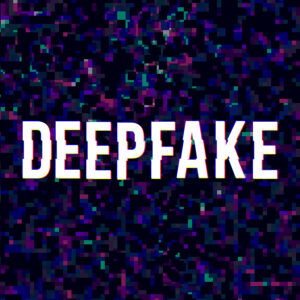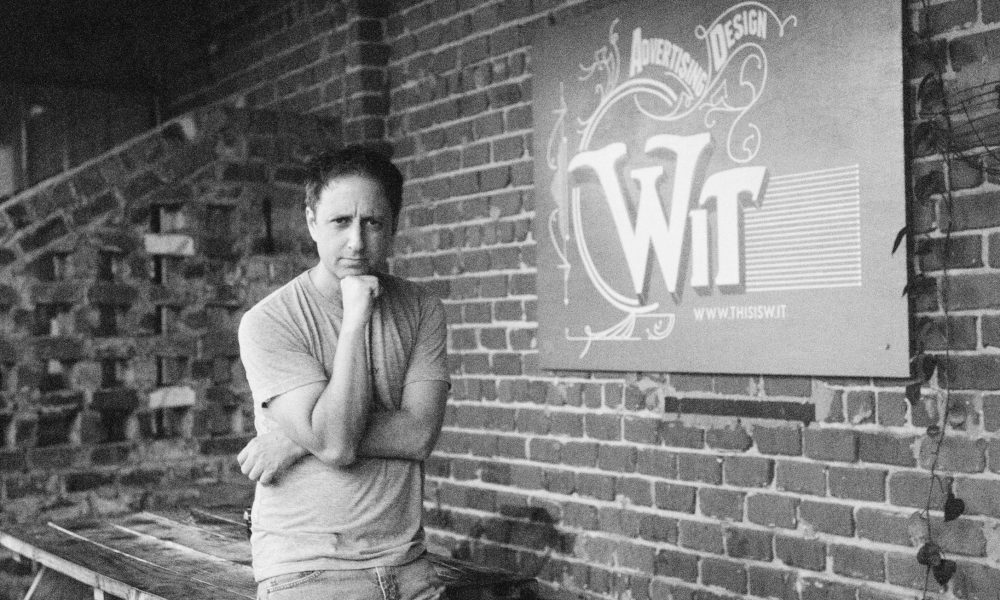One battleground looms large in the ever-evolving landscape of technology and innovation: the intersection of artificial intelligence and creativity.
From the bustling streets of New York City to rural America, lawmakers are grappling with the monumental task of crafting legislation that not only tames the potential dangers associated with AI — such as various forms of deepfakes — and also retains the spark of creativity that defines our culture.
The ELVIS Act, AI legislation enacted in Tennessee, is a clear example of the tightrope that legislators must walk. While the intent may be noble — to protect against the commercialization of individual voices and likenesses — the devil is in the details. As enacted, The ELVIS Act risks plunging creators into a legal quagmire, stifling innovation and suffocating the very essence of artistic expression.
At the heart of the matter lies a common legal framework known as the “right of publicity,” which exists in many states — Tennessee included — to protect against the unauthorized use of someone’s image or likeness in advertising or merchandising. Though indeed a form of speech, advertising and the use of messaging on packaging to promote the sale of a product is considered “commercial speech” and is entitled to lesser First Amendment protections than other purely expressive works, such as movies and TV shows, books, music, etc., which for First Amendment purposes are treated as “non-commercial speech” and afforded the highest level of protection against government regulation.
Balancing the right of publicity with the First Amendment freedom of creators to tell stories about real people and events has long been a central feature of regulating the use of images and likeness. In that vein, “expressive works exemptions” has served as a beacon of hope in the murky waters of regulation.
Expressive works exemptions provide the necessary and appropriate guardrails to protect the First Amendment rights of those engaged in innovative and creative endeavors. Expressive works exemptions, commonly found in the right of publicity statutes, protect the public’s interest in news reporting, research, scholarship and education, comment and criticism, parody and satire, and storytelling through documentaries and docudramas, biopics, and fictional and nonfictional historical narrative.
They empower innovators, storytellers and dreamers to weave their narratives without fear of reprisal, and they are essential for fostering a culture of creativity and innovation. Without such protections, the risk of litigation and the associated costs and uncertainty would have a chilling effect on speech and hinder smaller firms and independent creators’ ability to create and tell authentic stories.
This is no mere theoretical concern. Individuals or their estates often file suit when they don’t like how they or their deceased loved ones are depicted in various forms of media. Just recently, the son of Griselda Blanco, the Colombian drug lord portrayed by actress Sofia Vergara in a Netflix series, sued the streaming network and actress over claims that “the family did not authorize the use of their images.”
In cases like these, despite the First Amendment’s backstop, creators of movies, television shows, video games and other expressive works are taken to court and forced to spend years and millions of dollars defending their First Amendment rights. Legislation like The ELVIS Act threatens to expand the gray area regarding where right of publicity ends and where protections for expressive works begin.
Furthermore, the Tennessee legislation extends the right of publicity beyond its original scope, which was limited to using image or likeness in advertising and merchandising, to now encompass any use for any purpose without authorization.
This expansion is not specific to using AI or any other technology for such purposes. This includes scenarios such as using someone’s image in parodies, like on “Saturday Night Live,” or employing someone’s voice in various entertainment channels. Thus, what was once a right of publicity statute has undergone a significant transformation and now operates as a ban on unauthorized depictions for any purpose. In essence, it is not merely the absence of expressive works exemptions within the statute but rather a complete overhaul of the right of publicity that results in an entirely different legal landscape.
Similar bills are cropping up nationwide, and the ramifications extend far beyond the borders of Tennessee. Artists, creators and even regular individuals face an uncertain future in which any unauthorized depiction of an individual for commercial purposes could be scrutinized under the harsh light of legal scrutiny.
And let’s not forget that the bills’ protections are not limited to individuals living in Tennessee. This loophole allows opportunists from any state to exploit the system. By allowing out-of-state actors to file suits in other states’ local courts, these bills open the floodgates to frivolous lawsuits, drowning creativity in a sea of legal wrangling.
But all is not lost. There is hope in the halls of power, where the fate of our creative future hangs in the balance. By championing the cause of creativity, lawmakers can rewrite the narrative and preserve expressive freedom for future and current storytellers. They can seize the opportunity to craft legislation that protects the sanctity of artistic expression while harnessing the transformative power of AI for the greater good.
Individuals should be — and in many cases are under existing law — protected against misappropriation of their likeness. However, lawmakers must address specific issues related to deepfakes and harmful AI-generated content in narrow and targeted ways that protect those individuals while safeguarding the constitutionally protected interests of creators.
Open-ended expansion of the right of publicity exacerbates extensive and continuing litigation and stymies the potential for AI to be used in a positive, creative manner. I hope lawmakers will reject future bills that mimic Tennessee’s bill and avoid any sweeping federal legislation that would infringe upon the First Amendment rights of artists and creators to tell the stories they wish to tell.


